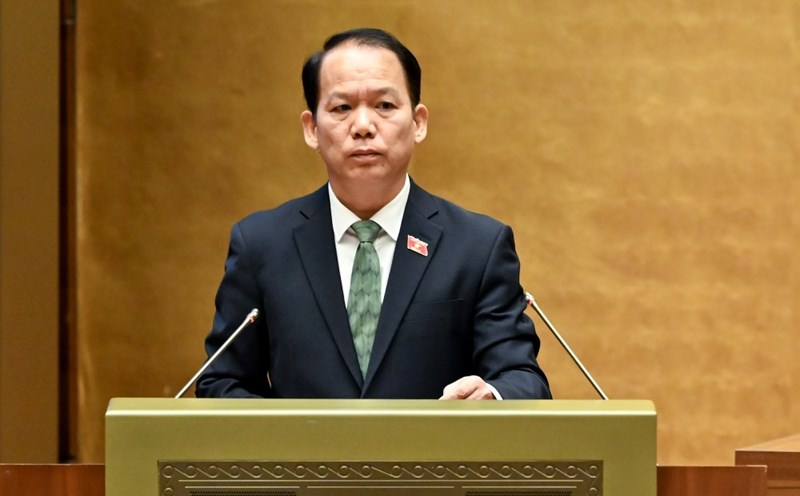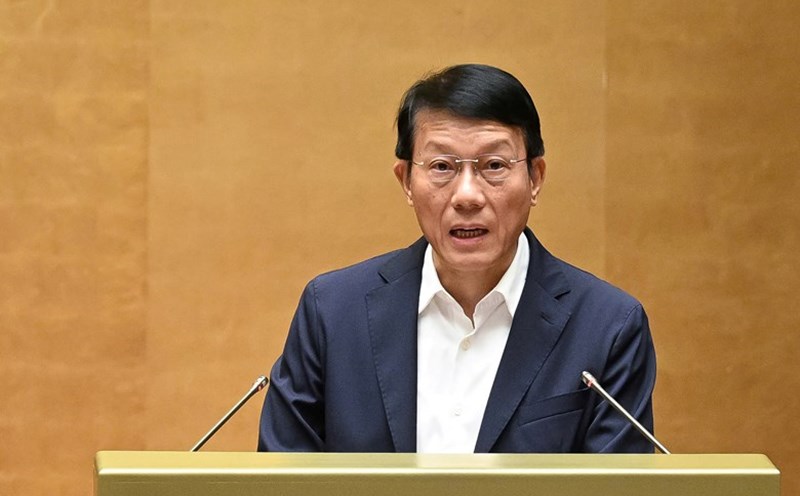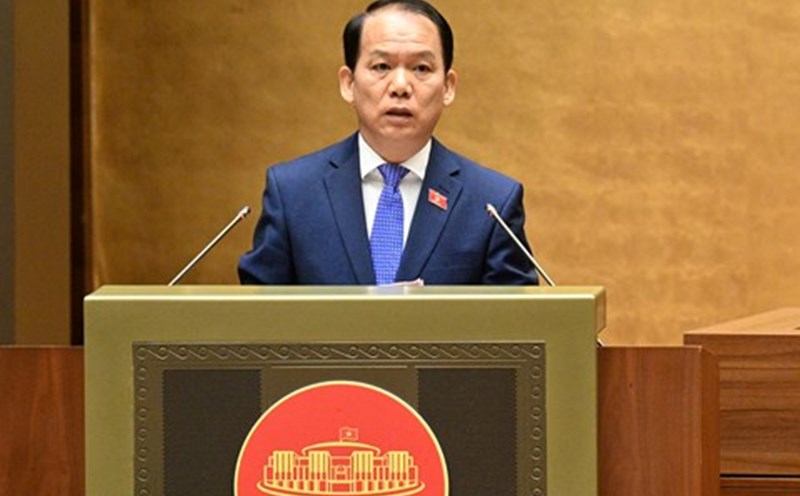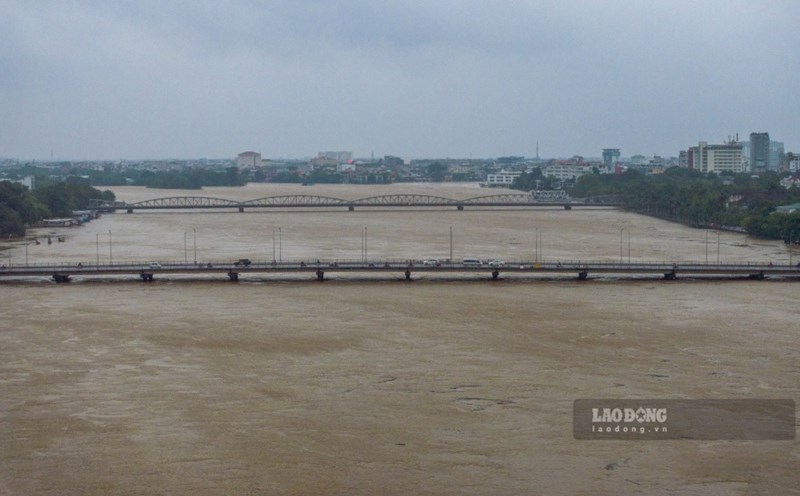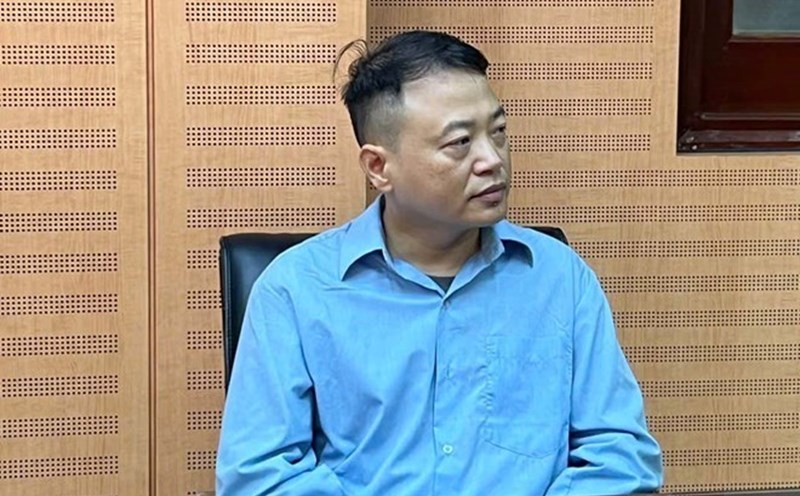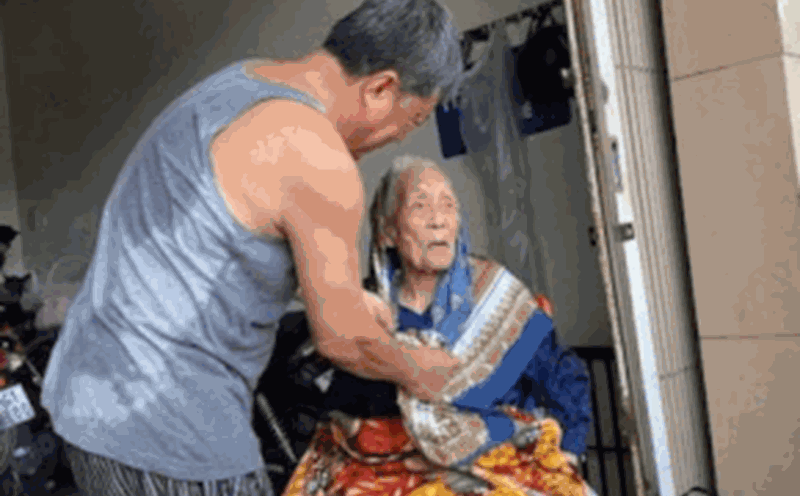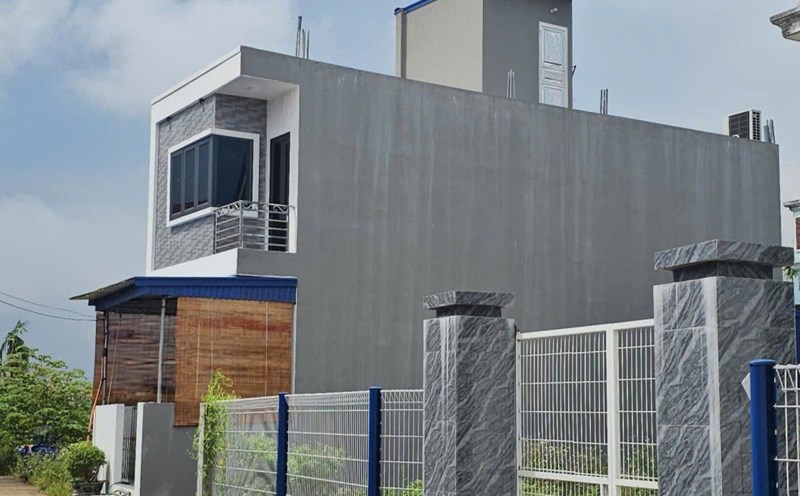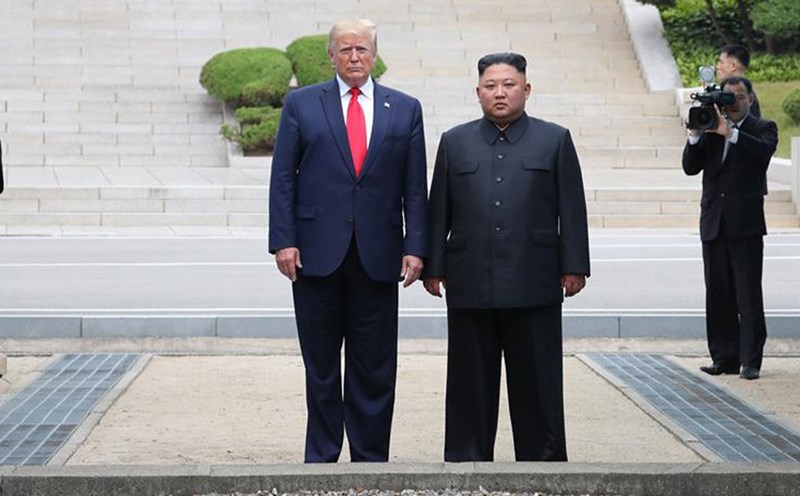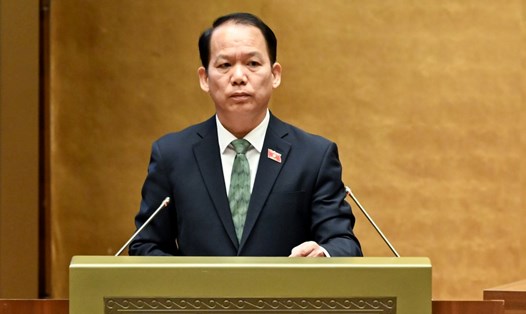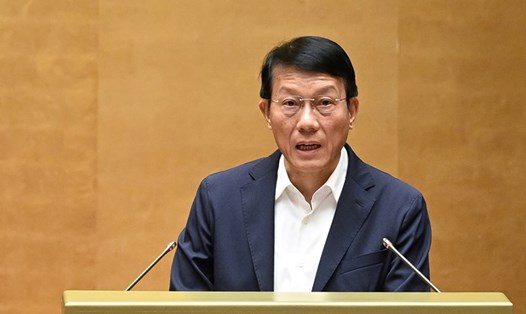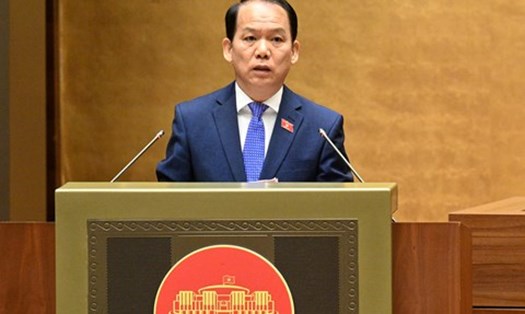On the morning of October 27, the National Assembly discussed the draft Law on Extradition.
Delegate Do Ngoc Thinh (Khanh Hoa delegation) said that the draft law stipulates that extradition is the transfer of Vietnam to foreign countries or foreign countries to Vietnam of a person who committed a crime or a person with a criminal conviction who is present in his/her country so that the country can receive criminal prosecution or impose a penalty on that person.
However, for the person being extradited (ie the offender or the person sentenced for a criminal act) in the case of having assets in the country that are required to be extradited, whether this assets are transferred to the country that requires extradition or not is not regulated in law.
The delegate of Khanh Hoa province gave an example, if a Vietnamese person is extradited to Vietnam abroad, is it mandatory for this Vietnamese person's assets to be transferred from abroad to Vietnam? And what are the procedures for requesting foreign countries to transfer the assets of extradited people to Vietnam?
In fact, the person being extradited (ie the offender or the person sentenced to a criminal act) who has lived in the country where the extradition request is usually subject to property. This asset can be legal property or property obtained from a crime.
"In case they are extradited, how will this asset be resolved? Can I transfer to a country with a extradition request or stay in the country that is required for extradition? I think it is necessary to add this provision to the draft law to solve practical problems," Mr. Thinh stated his opinion.
According to the delegate, the reality has shown that some Vietnamese people committing the crime of appropriating property when running abroad carrying the appropriated property.
In this case, it is necessary to clearly state: The extradition of this person from abroad to Vietnam, abroad is responsible for transferring to Vietnam all of their assets abroad. Similarly, for foreigners who are required to be extradited from Vietnam to foreign countries, Vietnam is also responsible for transferring all of their assets to foreign countries.
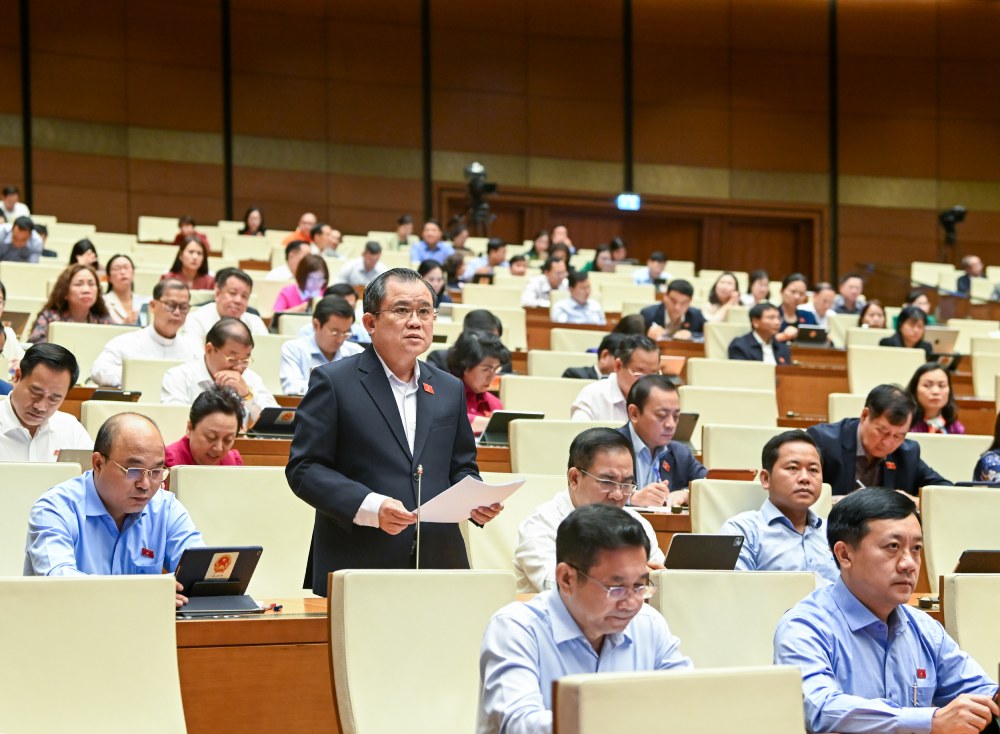
Participating in the discussion, delegate Nguyen Tam Hung (HCMC Delegation) said that regarding cases that may be extradited, the draft law regulating extradition for crimes with a prison term of 1 year or more, he said that this quota is too low, which can easily lead to expanding the scope of extradition, even for less serious acts.
Therefore, the delegate suggested considering raising the minimum penalty threshold to 2 years in prison or more, in line with the practices of many countries such as Japan, Korea, Singapore.
"This both ensures the effectiveness of judicial cooperation and avoids wasting administrative resources on small cases. At the same time, it demonstrates a humane policy and guidelines for behavior that is truly dangerous to society," said delegate Hung.
For cases of refusal to extradite, he suggested considering additional grounds based on the special health status or serious illness of the person being extradited to demonstrate humanitarian policies, while also being consistent with the United Nations' practices on human rights in extradition and refugees.
Regarding ensuring specific principles in extradition, the draft Law stipulates that extradited people are not prosecuted for criminal liability for crimes other than the crime of requesting extradition.
Approving this regulation, the delegate suggested that the drafting committee consider adding the responsibility of supervision after extradition of the competent authority of Vietnam, specifically the Ministry of Public Security.

